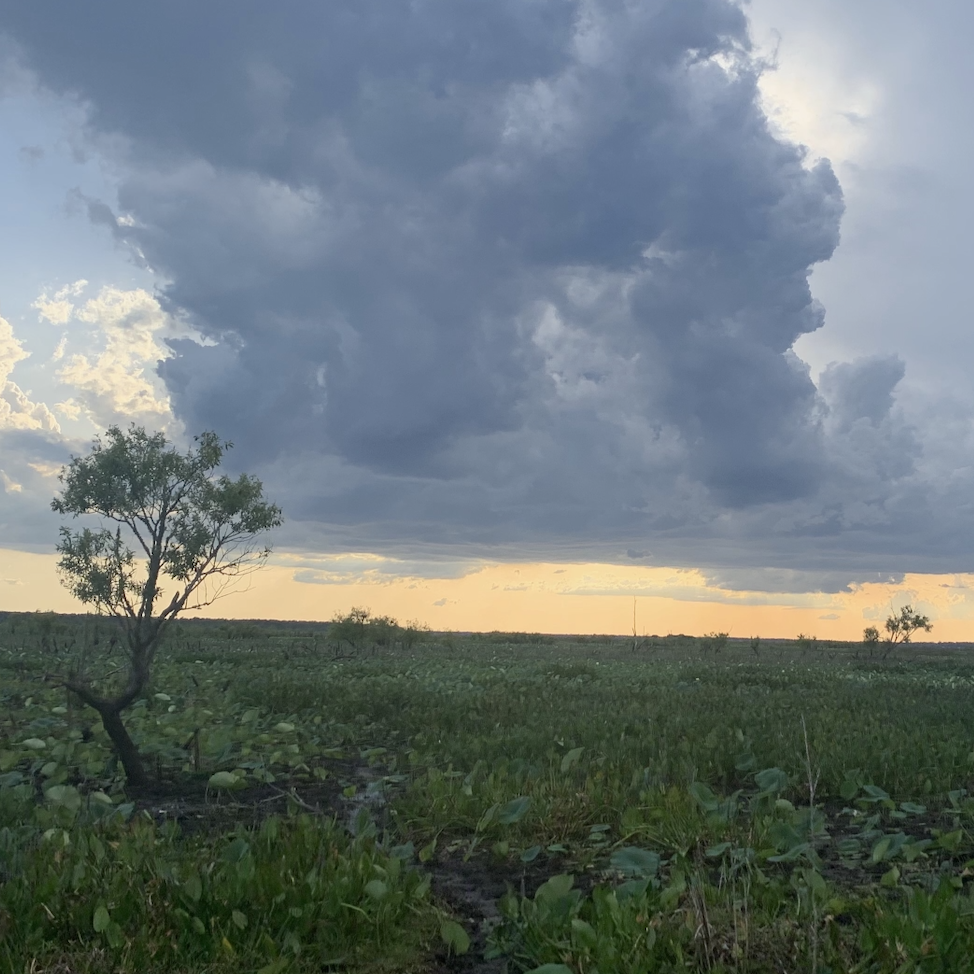I ask the river if he were Rizal what he would be.
A boat on a river or a river in a boat.
Would Rizal rather be in the belly of a whale
or have a whale in his belly. I ask Rizal
as if he were a river and he never blinks
or makes smacking sounds to register his disapproval.
I ask Rizal where it runs to, the water,
and why they built the strand so close to the sea.
I ask Rizal why broken mirrors turn into icicles
or when dusk turns into dark. I ask Rizal
what he saw when he sailed round the globe
and where time went when he learned new words.
I ask him why rust tastes like time and time smells like blood
and if he had a choice, would he rather be a lake
instead of a river. A fox instead of a rabbit.
I ask and Rizal doesn’t mind my asking, because Rizal
is a boat with a hole the size of a bullet wound. I ask
because there are only so many hours
and the cicadas are really loud.
I ask Rizal all the time where he aims to go next
or how he plans to carry the river.
Eugene Gloria is the author of four books of poems. His most recent collection is Sightseer in This Killing City.




